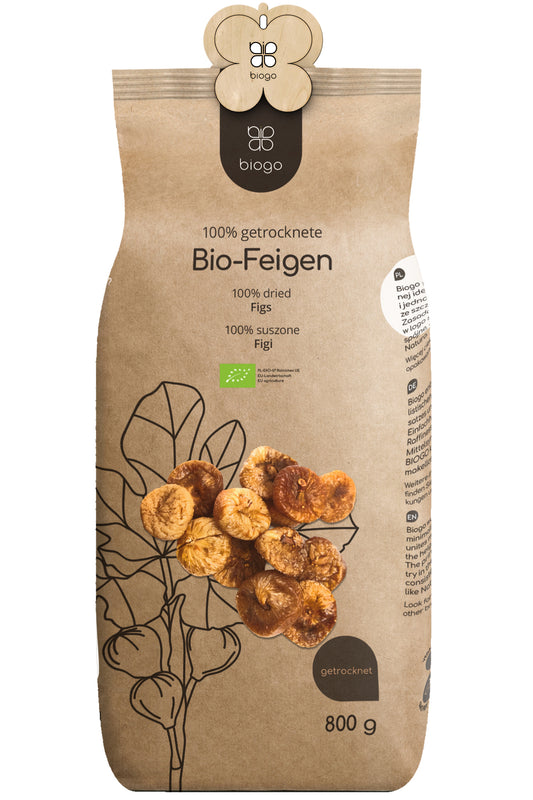When asked what vegetarianism is, most people would readily answer that it is a plant-based diet that excludes meat and meat products from the daily menu. However, it turns out that the matter is much more complicated. As vegetarianism has grown in popularity, so have its variations. Therefore, it is now more appropriate to speak of "different vegetarianisms" rather than a single, uniform practice. So let's look at what variations should be considered when discussing this topic.
Ovolactarism
This is the most popular form of vegetarianism, which consists of eliminating meat from the diet but allowing the consumption of animal products such as eggs , milk, cheese and honey.
Lacto-vegetarians
This is somewhat different from ovo-lactarianism, as proponents of this diet exclude eggs from their diet but include the consumption of milk and all milk-based products. It's worth mentioning that there is another, analogous type that also rejects dairy products but allows the consumption of eggs—ovo-vegetarians.
Veganism
Veganism means eating only plant-based foods and products. Therefore, vegans avoid meat, sausage, fish, milk, cheese, eggs, and honey. Transitioning to this diet requires considerable perseverance and thorough preparation, as well as a wealth of knowledge about the nutritional properties of vegetables and fruits and the proper supplementation of certain vitamins (especially from group B). It's also worth noting that veganism often goes hand in hand with an eco-friendly lifestyle, for example, avoiding leather clothing and accessories.
Raw food
In this case, only fresh, non-heat-treated products may be included in the daily diet. Drinks such as coffee or tea are also avoided.
Fruitarianism
This variant of vegetarianism is the most restrictive of all those described so far. Proponents of fruitarianism believe that one cannot kill both animals and plants. Their daily menu contains no products whose preparation would kill the plant. In other words, here great emphasis is placed on fruity, pure natural products—in both the culinary and botanical sense. So, you can eat:
- cucumbers,
- tomatoes,
- eggplants,
- bananas,
- Apples etc.
There are many variations, right? And that's not all. A separate category is the so-called semi-vegetarianism , which includes, for example, ichti-vegetarianism , which includes fish in the diet. As you can see, there are many ways to become a vegetarian, but it's worth doing so carefully and sensibly.
THE PUBLISHER'S CHOICE
Dried dates 1 kg BIOGO
- €4,21
€4,95- €4,21
- Unit price
- / per
Almonds 1 kg BIOGO
- €11,69
€13,75- €11,69
- Unit price
- / per
Peeled sunflower seeds 1 kg BIOGO
- €3,04
€3,57- €3,04
- Unit price
- / per
Dried organic mango 400 g BIOGO
- €10,99
- €10,99
- Unit price
- / per
Dried White Mulberries 500 g ORGANIC
- €5,84
€6,87- €5,84
- Unit price
- / per
Popcorn (corn kernels) organic 1 kg BIOGO
- €5,84
- €5,84
- Unit price
- / per
Organic Ground Turmeric 500 g BIOGO
- €5,92
- €5,92
- Unit price
- / per
Milk thistle seeds 1 kg BIOGO
- €3,99
- €3,99
- Unit price
- / per
Dried organic figs 800 g BIOGO
- €30,12
- €30,12
- Unit price
- / per
Bag #changezbiogo Cotton v.2
- €3,27
- €3,27
- Unit price
- / per






































































































































